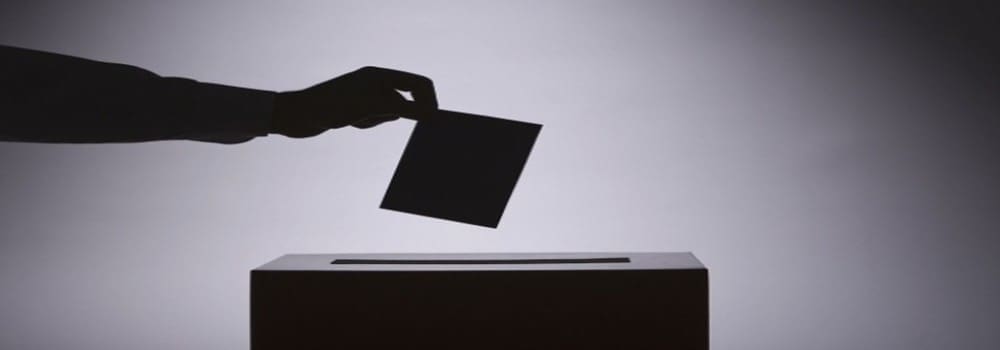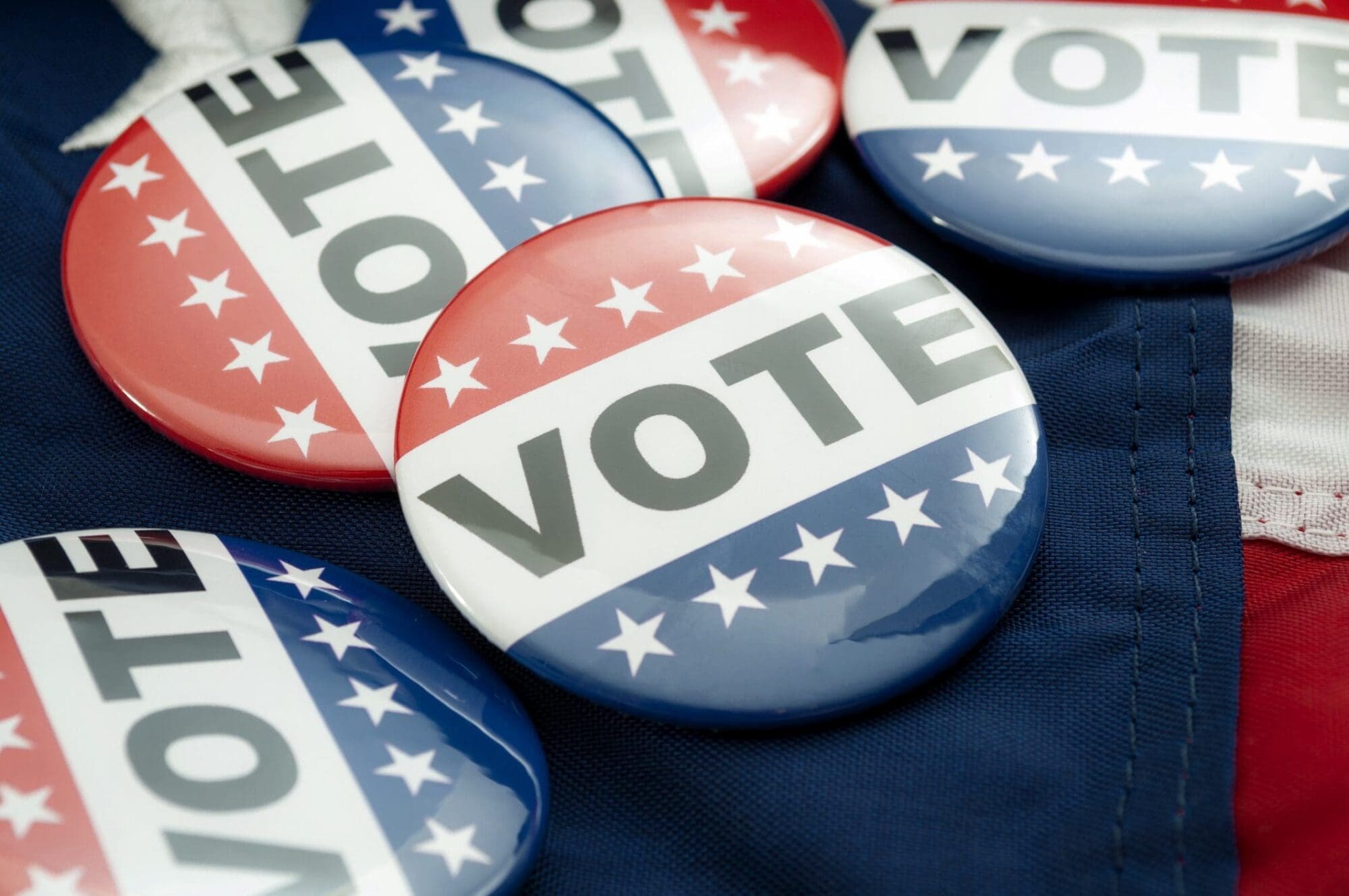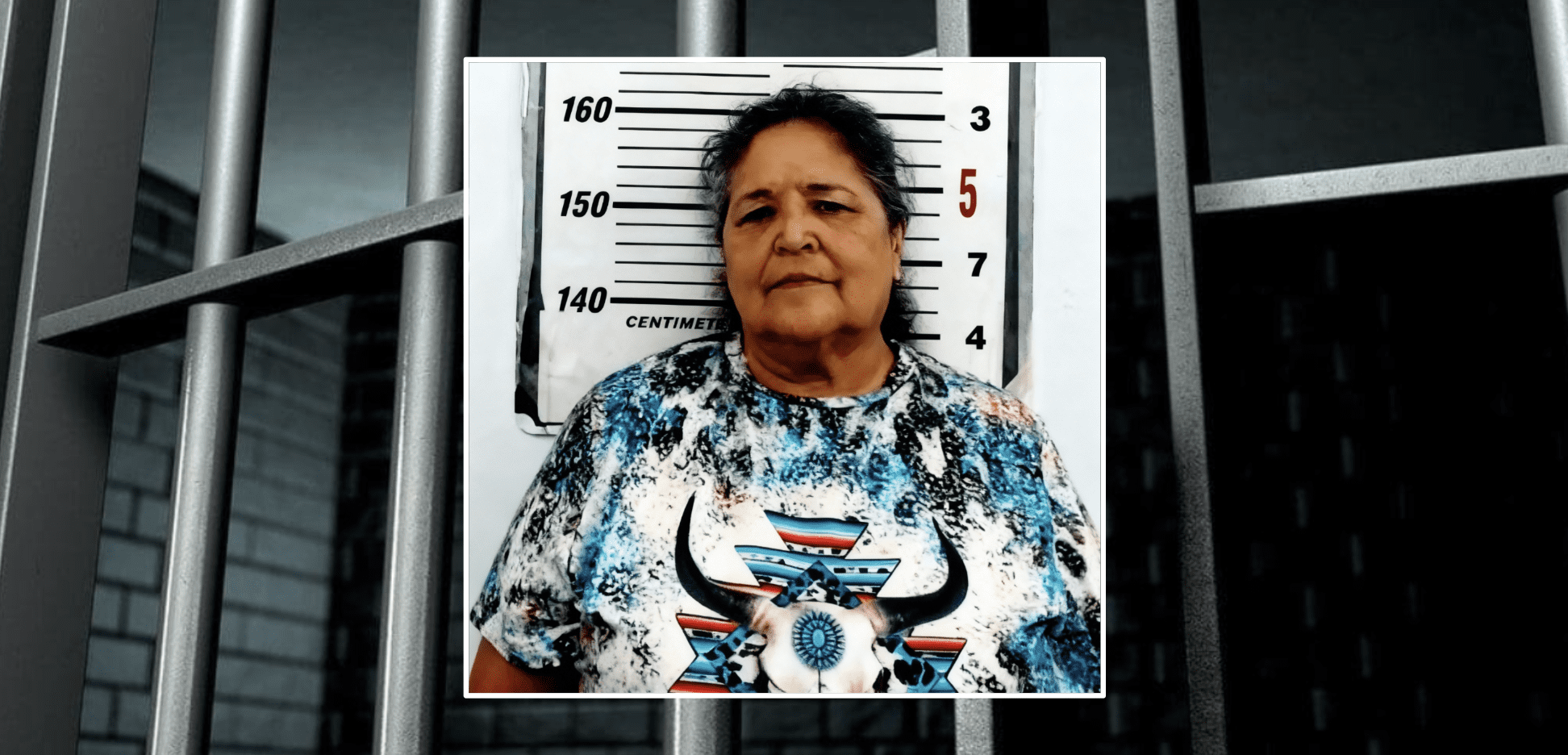Dead men don’t vote, but someone has been voting in South Texas in the name of a deceased voter for years – and it took a federal lawsuit over dirty voter rolls for local election officials to discover the problem.
Recent reviews of Starr County’s voter rolls revealed that former Starr County Judge Blas Chapa – who died in 2010 – is not only still registered to vote, but someone has voted in his name three times since his death.
A civil lawsuit filed in federal court against Starr County’s elections administrator in 2016 prompted the voter roll investigation. The lawsuit, filed by the Public Interest Legal Foundation on behalf the American Civil Rights Union, alleges that Starr County’s voter rolls “contain more voters registered to vote than there are citizens eligible to vote residing in the county.” That includes deceased voters, ineligible felons, and non-citizens – all of which have been found on the county’s registration rolls and casting ballots.
Those findings in turn prompted Starr County’s District Attorney Omar Escobar to launch a voter fraud investigation that so far has netted seven arrests.
Dirty voter rolls like the ones found in Starr County run afoul of the National Voter Registration Act. The NVRA, also known as the “Motor Voter” law, requires local election officials to maintain accurate voter registration lists. The law also gives private citizens the right to sue officials who aren’t complying – giving organizations like PILF and the ACRU an accountability tool that Texas officials don’t have.
The discovery of a deceased judge on the voter rolls became public knowledge when Deputy First Assistant Attorney General Brantley Starr testified before the Senate Select Committee on Election Security last month about the apparent voter fraud litigants had found.
At the committee hearing, State Sen. Don Huffines (R–Dallas) asked Keith Ingram, who heads the Texas Secretary of State’s Elections Division, if his office or any other state agency oversees county election officials to ensure that they’re maintaining accurate voter rolls.
“No,” Ingram responded:
“We are an assist-and-advise agency … If a county is not doing an adequate job of working their matches and purging their [ineligible] voters, they end up with more voters than they have people registered in the county and that’ll get the attention of groups like the American Civil Rights Union, Public Interest Legal Foundation … They will get a notice letter [that the county is in violation of the NVRA].”
“So it’s up to the general public to police their own voting system,” Huffines observed.
PILF, a public interest law firm dedicated entirely to election integrity, is monitoring voter registration systems in Texas and several other states for NVRA compliance.
Last week, PILF sued Pennsylvania’s Secretary of State for denying access to public voter registration records, another violation of the NVRA. They may soon be filing similar lawsuits in Bexar and Harris counties. Like Pennsylvania, election officials in those two Texas counties are concealing records of non-citizens registering and voting.
“We have a right to that information under federal law,” PILF President J. Christian Adams told Fox News’ Tucker Carlson on Wednesday. “Those two counties are stonewalling us and not letting us see the data.”
As Ingram and Huffines noted, it’s up to citizens and organizations who are concerned about election integrity to hold local and state officials accountable.





